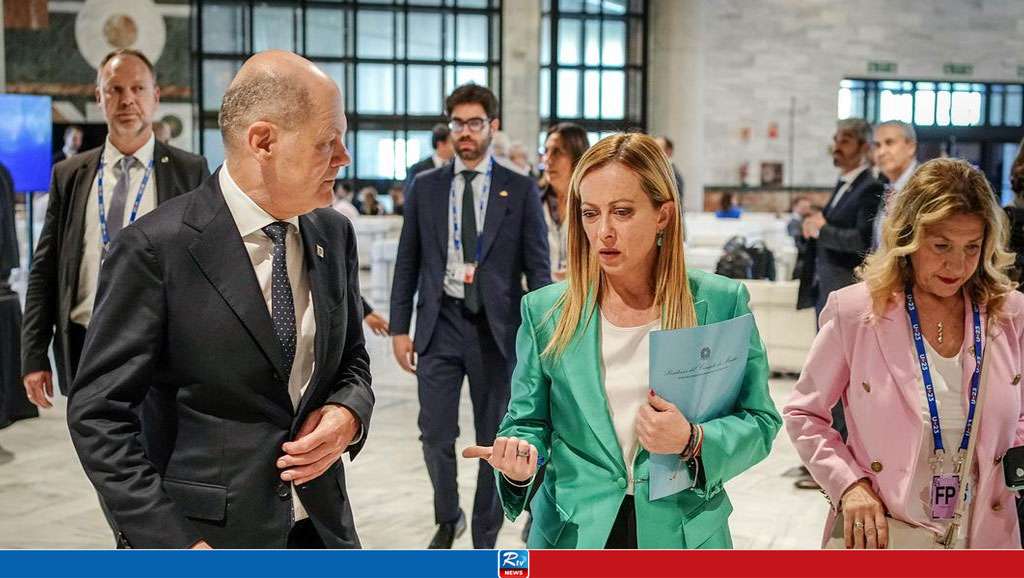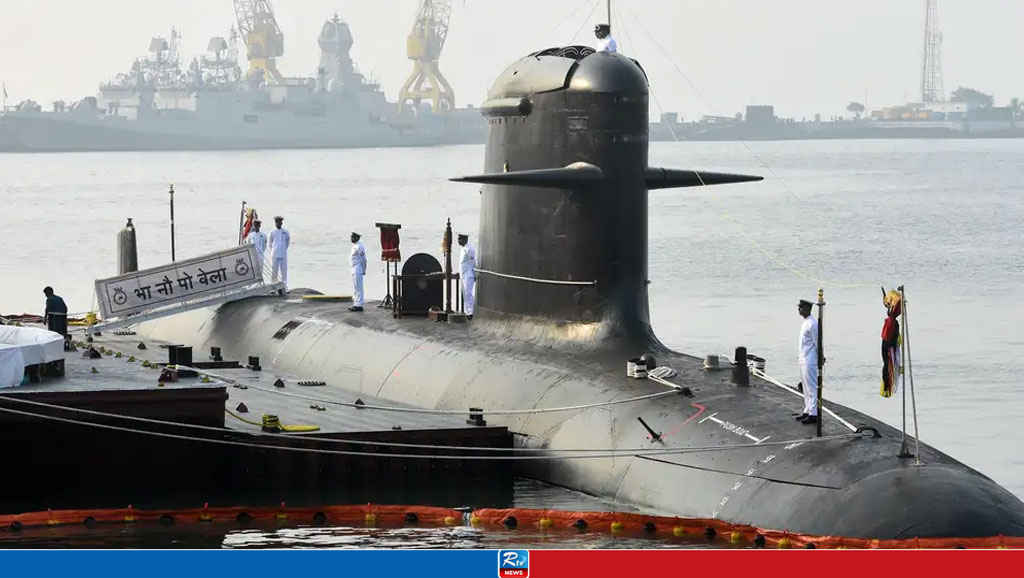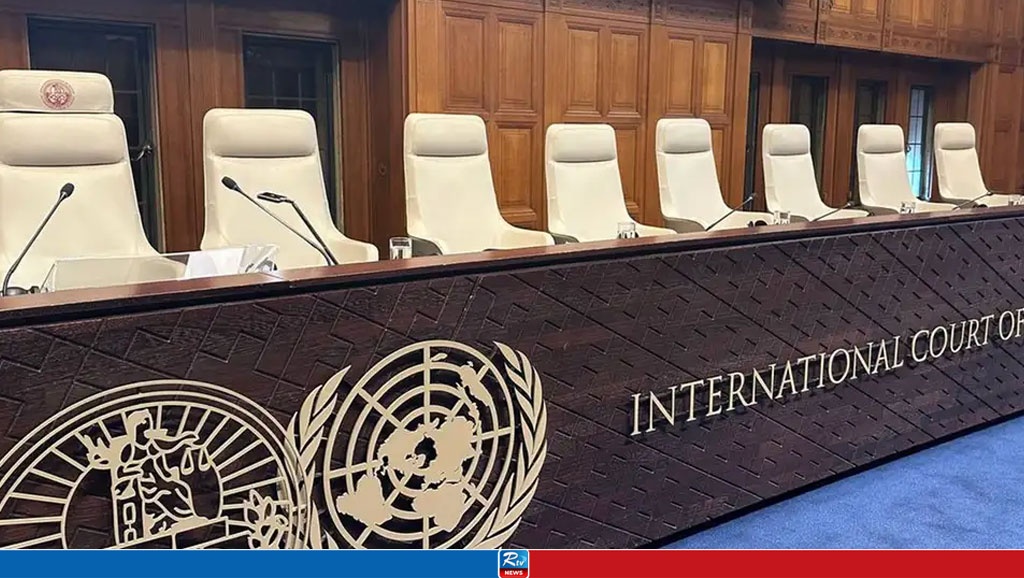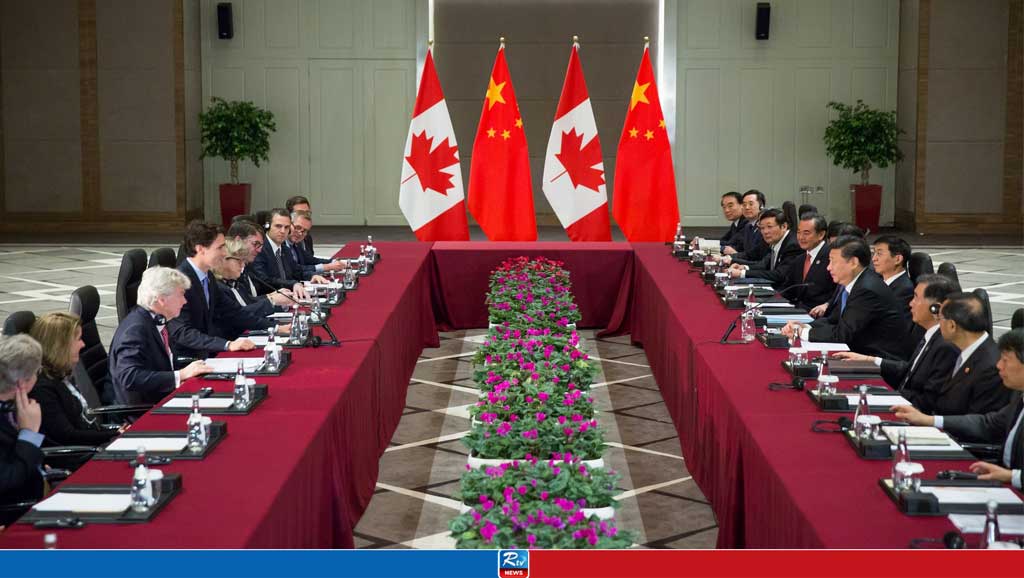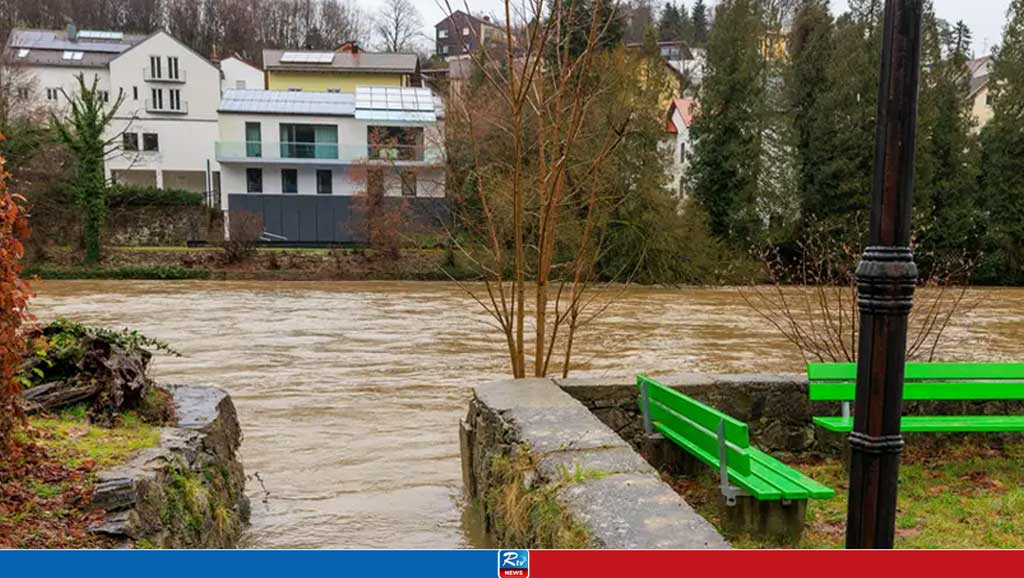Germany looks back at Adolf Hitler's coup attempt
A decade before he rose to power with the Nazis, Adolf Hitler failed to overthrow Germany's Weimar Republic in 1923. What became known as the "Beer Hall Putsch" put Hitler on the political map.
The Beer Hall Putsch was a major turning point in the rise of Nazi dictator Adolf Hitler. The events that took place in Munich on November 8 and 9, 1923, while unsuccessful in the immediate sense, went on to shape German history — and, with it, the course of the 20th century.
April 1 marks the 100th anniversary of the end of the subsequent trial in 1924, when Hitler's co-conspirator, General Erich Friedrich Wilhelm Ludendorff, was acquitted.
At the time, Hitler was just one of several extremist leaders in Germany, or the Weimar Republic as it was known then. Few could foresee that, within a decade, he and the Nazi party he led would take over the country. They would lead Europe into another world war that included Germany's extermination of millions of Jews and members of other groups in the Holocaust.
A fateful day in Munich
Hitler had at least some of those ambitions in mind in 1923. On the evening of November 8, he led around 2,000 supporters to the Bürgerbräukeller, a beer hall in central Munich. Members of the Bavarian government and other prominent public figures had gathered there to mark the anniversary of the 1918 revolution, which ended the German empire under the Kaiser and led to the Weimar Republic.
Hitler hoped to pressure the leaders there into fulfilling their own coup desires. Bavaria was already at odds with national authorities. A state of emergency was in place and the state leader, Gustav Ritter von Kahr, acted with absolute power. If Hitler succeeded, he could have mustered the support to march on Berlin and replace the fledgling parliamentary democracy with a far-right dictatorship.
His would-be co-conspirators, however, started to back out and "nothing went as planned," Wolfgang Niess, a historian and author of a new book about the events, told German public broadcaster DLF.
Following the overnight occupation of the beer hall, Hitler led the putschists to the Feldherrnhalle, an 18th-century memorial honoring the Bavarian army, but they "didn't have concrete goals," Niess said.
As they moved through central Munich, they met Bavarian police and military forces. An exchange of gunfire led to the deaths of at least 14 Nazis and four police officers. The coup was over. Hitler was lightly injured and arrested a few days later. Though sentenced to five years in prison for high treason, he was released on probation barely more than a year after the coup attempt.
The former General Ludendorff had a history of challenging Weimar's fragile rule of law and spreading the antisemitic lie that Jews and Marxists were responsible for Germany's defeat in World War I.
Perfect conditions for Hitler's putsch
Hitler did not take over Germany that day, but the failure succeeded in emboldening him. During his short time in prison, he began writing "Mein Kampf," an autobiography that laid out his fascist vision. The book became a rallying cry for his burgeoning party, which shifted tactics from trying to seize power illegally to taking it legitimately from within. In the years following the putsch effort, the Nazis gained support at the ballot box across the country.
The coup attempt came at a time of crushing instability in Germany. The central Weimar government was weak. Officials were assassinated and state authority was threatened by violent forces on the left and right. Hyperinflation ravaged the economy and unemployment was widespread, especially among war veterans who knew how to fight.
Germany's capitulation to Allied forces in World War I was a fresh memory and a national humiliation. The Treaty of Versailles, which compelled Germany to pay war reparations, was salt in that wound and added pressure on the country's prospects.
It was a powder keg that Hitler and his Nazis were able to light. Though hardly the only domestic threat that Weimar faced, their coup attempt and subsequent rise to power was no accident of history.
"Without the 'helping hands' of numerous monarchists, reactionary veterans, influential nationalist voices and political terrorists in the Bavarian metropolis, Hitler's rise through 1923 would have been impossible," Daniel Siemens, a historian, wrote in the FAZ, a German newspaper, reviewing Niess' book.
Though the Nazi party was banned immediately following the coup attempt, a like-minded party popped up in its place. It won 30% of the vote in Bavarian state elections the following year, and it wouldn't be long before the Nazis themselves were back with Hitler at the helm.
Lessons for today from Germany's Nazi past
The putsch, and the broader Nazi experience it is part of, strongly impacts the country, its laws and its institutions until today. Yet dangers remain. The right-wing populist party, the Alternative for Germany (AfD), is enjoying record support in polls. It placed a distant second in last month's state elections in Hesse, in western Germany, and may do even better when eastern states hold elections next year.
In Bavaria, which Hitler called home (he was born in what was then Austria-Hungary) and used as a staging ground for his eventual rise to national power, more than 30% of voters last month went for the AfD or the Free Voters — another populist, right-wing party. While the former remains a political pariah that other parties say they refuse to work with, the latter supports the ruling conservative Christian Social Union in the Bavarian state government.
For some historians and political observers, that kind of cooperation carries echoes of the past, and with them a dispiriting sense of deja vu.
"If you know what led Germany to ruin a hundred years ago, then you can strengthen Europe and prevent new disasters," Jutta Hoffritz, a journalist who has also written about Hitler's coup attempt, told DLF. "That's why it pays to take a closer look at 1923."
01 Apr 2024,16:40
















 Live Tv
Live Tv
